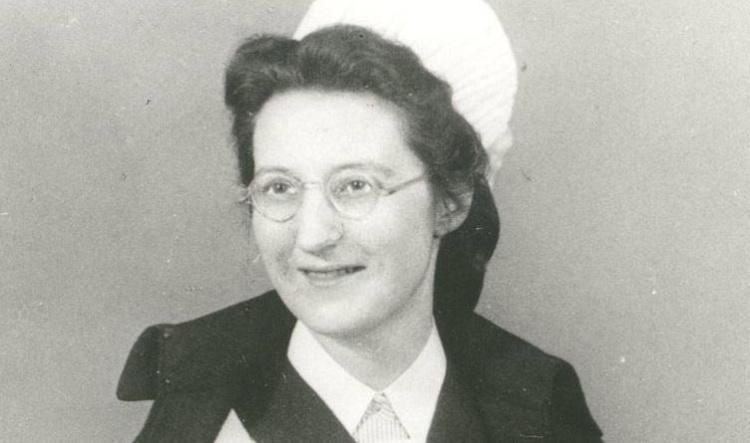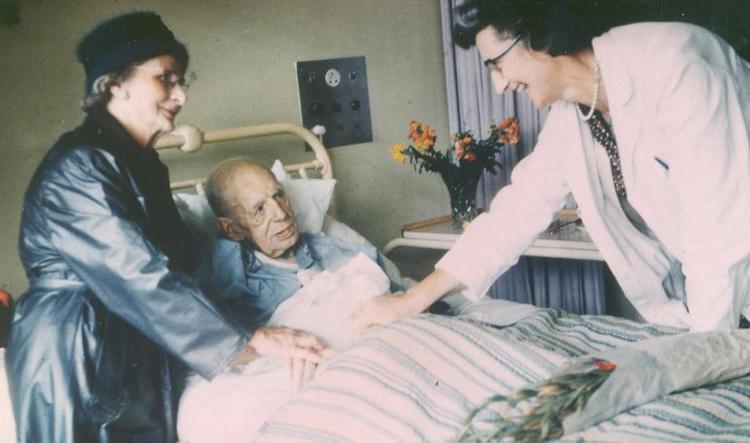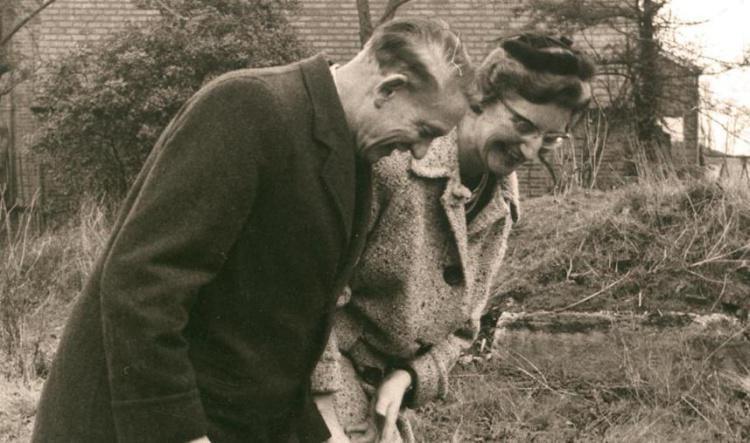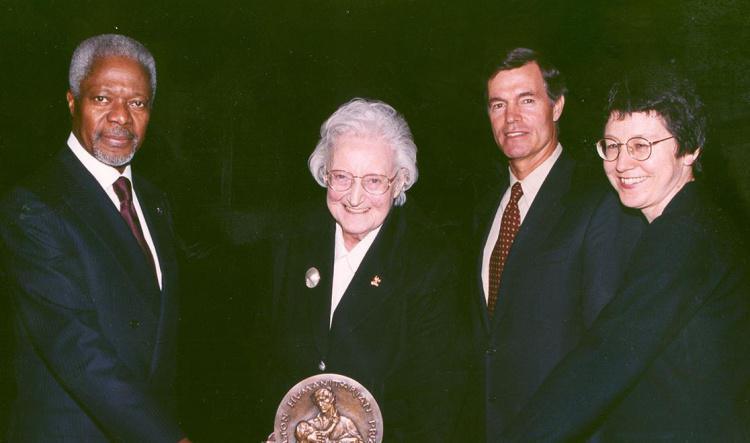1. History - an introduction
Welcome to St Christopher's. Here, we have a vision: a world in which all dying people, and those close to them, have access to the care and support they need, when and wherever they need it. This vision shapes us, guiding everything we do, and have done since our founder, Dame Cicely Saunders, developed the modern hospice movement and we began to support patients and their families in 1967. AUDIO





